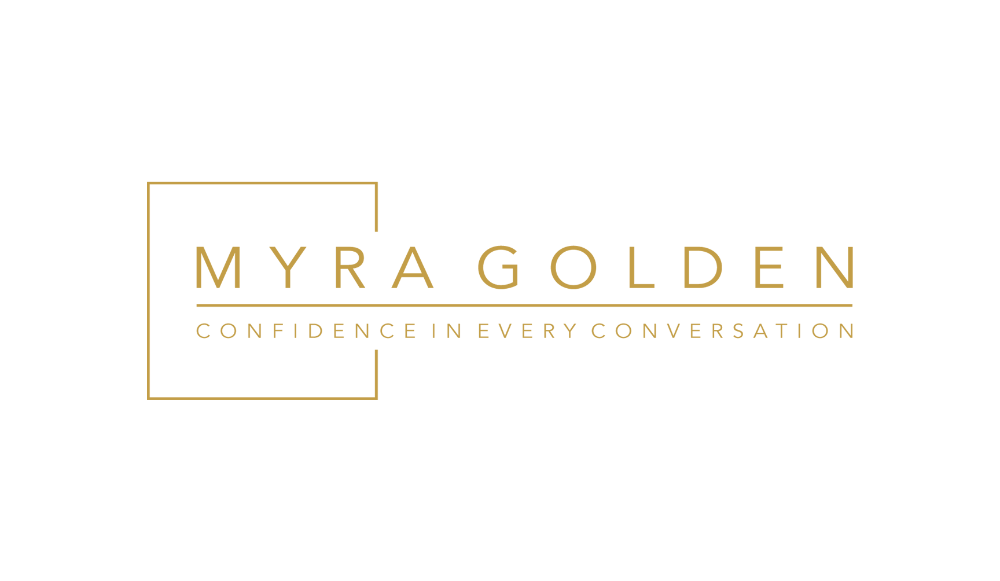The Psychology of the Word "Because" to Get Customers to Accept Your Word as Final
de-escalation how to deliver bad news
Research at Harvard showed us the power of the word “Because.” The experiment had people ask to cut in a line of people waiting to use a copy machine.
Researchers had the people use three different, specifically worded requests to cut in line:
“Excuse me; I have five pages. May I use the Xerox machine?”
“Excuse me; I have five pages. May I use the Xerox machine because I have to make copies?”
“Excuse me; I have five pages. May I use the Xerox machine because I’m in a rush?”
Here’s how the wording impacted getting in line:
“Excuse me; I have five pages. May I use the Xerox machine?”: 60% compliance.
“Excuse me; I have five pages. May I use the Xerox machine because I have to make copies?”: 93% compliance.
“Excuse me; I have five pages. May I use the Xerox machine because I’m in a rush?”: 94% compliance.
Using the word “because” and then giving a reason resulted in significantly more compliance. This was true even when the reason was baseless – (“because I have to make copies”).
Give customers a reason when you have to say ‘no.’ And throw in the word “because.”
One of my clients is in the waste management industry. Sometimes a driver misses a stop. Customers call demanding the truck return the next day, which can’t be done. Here’s how I helped my client explain.
While it seems making an unplanned stop is a simple thing, it’s quite complicated. “Because” the UTC regulates us, we must abide by planned routes.
I helped my optometrist client use “because” when customers call upset that they can’t just order contacts for an expired prescription.
“We can’t refill an expired prescription because the FDA mandates we see patients in our office for an eye exam. This is so we can check not only your vision but also for glaucoma and other diseases.”
When you have to say ‘no,’ give a reason, and use the word “because” to increase the chance that your customers don’t escalate.
THIS LESSON IS FROM MY DE-ESCALATION ACADEMY.
De-escalation Academy
The step-by-step, psychology-backed system that helps your team handle any tough customer interaction with calm, control, and confidence—on the phone, in person, or in chat.
Join Myra’s Inner Circle: Insights, Strategies, and Resources for Leaders Who Demand the Best.
Be the first to receive exclusive strategies, curated resources, and behind-the-scenes insights from Myra Golden—crafted for leaders who value excellence.
Your information will remain private and protected—always.
Myra Writes About:
#customerexperience #cxleadership #cxsurveys #cxtrends #feedbackculture #surveymonkey #voiceofthecustomer 30-minute customized video training acw after-call-work aht ai in contact centers behind the workshop brain breaks building rapport with customers call center de-escalation call center management call center telephone skills call center training call control celebrating national customer service week chat customer service best practices complaint handling conflict resolution in the workplace contact center contact center ai contact center coaching contact center efficiency contact center management contact center trends 2023 creating a customer service culture creating customer personas cross-cultural communication skills customer experience customer servcie training customer service call flow customer service cheat sheets customer service de-escalation customer service emotional intelligence customer service skills customer service soft skills customer service training customer service training design customer support across languages cx de-escalation de-escalation for customer service de-escalation techniques de-escalation training difficult customers email best practices emotional intelligence emotional regulation empathetic customer interactions empathy for customer service enforcing a mask mandate friendly customer service from peer to boss future of work global customer service how to deliver bad news how to apologize to a customer how to be coachable how to handle difficult customers how to say no to a customer how to talk to customers how to write a complaint response email to a customer improving telephone skills linkedin learning live chat best practices management training mental health in contact centers microaggressions myra golden youtube national customer service week nps phrases for handling difficult customers q & a retail customer service smooth call transitions soft skills training supporting customers who are experiencing mental illness telephone customer experience telephone skills training top 5 customer service trends 2025 user personas verbal aikido virtual customer service training virtual de-escalation training
